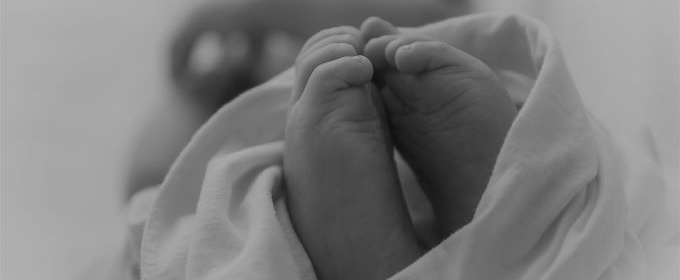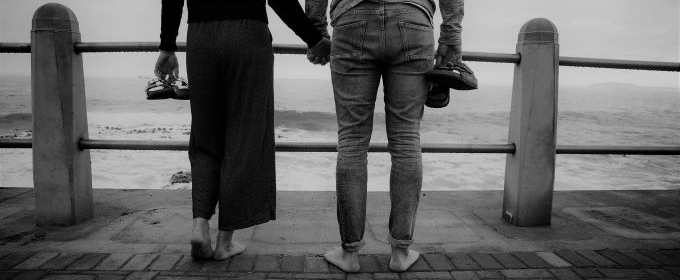
Babies are not born with the neurological capacity to understand distress, or even to differentiate between discomfort and mortal danger. To ensure their survival therefore, babies are biologically programmed to communicate all forms of distress to their primary caregivers through very primitive means (e.g. crying, screaming and reaching out).
Under ideal circumstances, these ‘signals’ from the baby will elicit a sensitive (‘attuned’) response from their caregiver, whereby their caregiver will utilise their more developed brain in order to empathise with the infant’s distress, to soothe them and overtime, to give them words to better understand and communicate their distress. Repetition of this pattern over time, coupled with a deepening joy of the relationship, is not only the foundation for a secure attachment relationship, but the building blocks for other important skills such as developing empathy and emotional regulation.
When working well, attunement enables a child to feel truly understood, accepted and ‘felt’ by their caregiver. Inevitably however, “getting it right” all the time is not possible and sometimes signals will be missed or responded to incorrectly (‘mis-attunement’) – also known as a ‘relationship rupture’. Ruptures are normal and actually present opportunities for a child-carer relationship if the carer is able to repair the relationship appropriately. Indeed, it is estimated that for a secure attachment to develop, carers need to attune correctly around one third of the time (Hoghughi & Speight, 1998), which is reassuring!
Over the years, researchers have examined the importance of attunement on an infant’s mental health. This includes Ed Tronick’s (2007), ‘still face experiment’, which illustrates the distressing disintegration of a young child, whose parent temporarily stops responding to their cues (Youtube link). It also includes the work of Lynne Murray, who demonstrated that even warm responses to infants are not regulating unless they are exactly timed with their cues. This is important as for some parent-infant dyads, ruptures can be severe and chronically prevent the carer from being able to sensitively attune to their infant – ‘toxic mis-attunement’. This might occur when factors specific to the child get in the way of them being able to communicate their needs effectively (e.g. speech and language difficulties or neurodevelopmental difficulties), or when factors specific to the parent stop them being able to receive and process the child’s distress signals appropriately (e.g. mental health difficulties or substance misuse problems). There may also be external stressors impacting on the relationship (e.g. domestic violence or poverty). In these cases, it is imperative that mental health and social support services are proactively mobilised to offer early support to both the child and the carer.
Hoghughi, M. & Speight, A. (1998). Good enough parenting for all children – A strategy for a healthier society. Archives of Disease in Childhood, 78, 4, 293-296.
Murray, L. & Trevarthen, C. (1985). Emotional regulations of interactions between two-month-olds and their mothers. In T. M. Field & N. A. Fox (Eds.),Social perception in infants (pp. 177-197). Norwood,NJ: Ablex.
Please follow the links to find out more about about our therapists and the types of therapy services we offer. We have practices in Hove and Lewes. Online therapy is also available.



